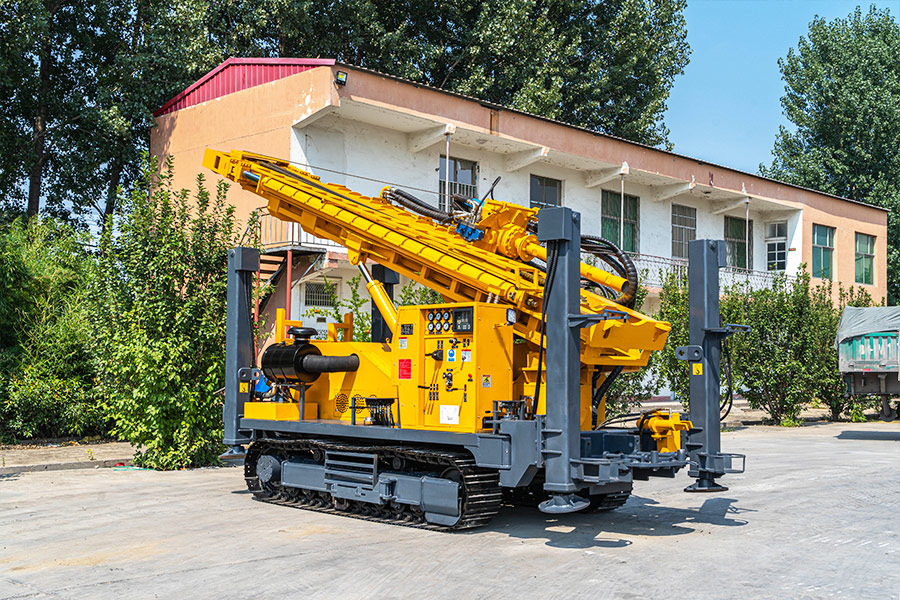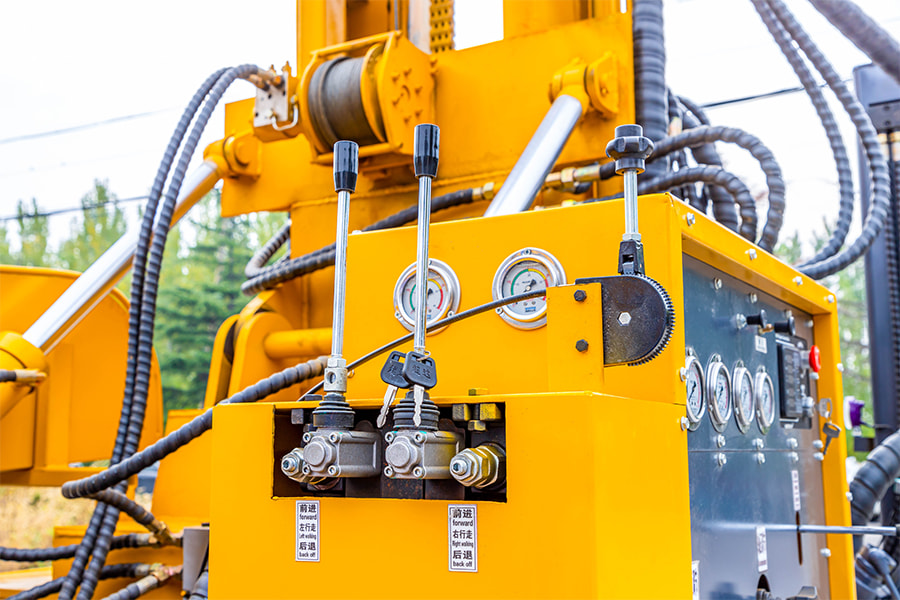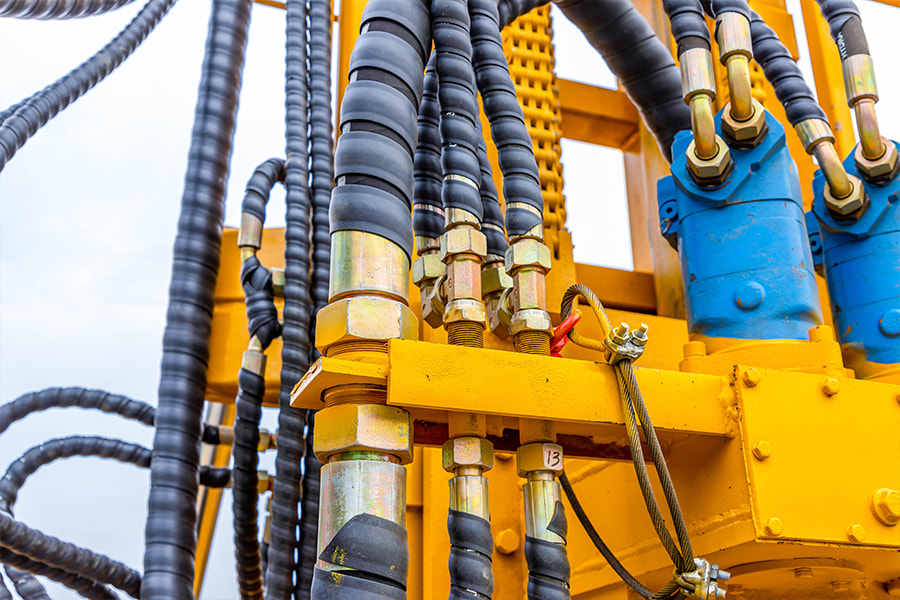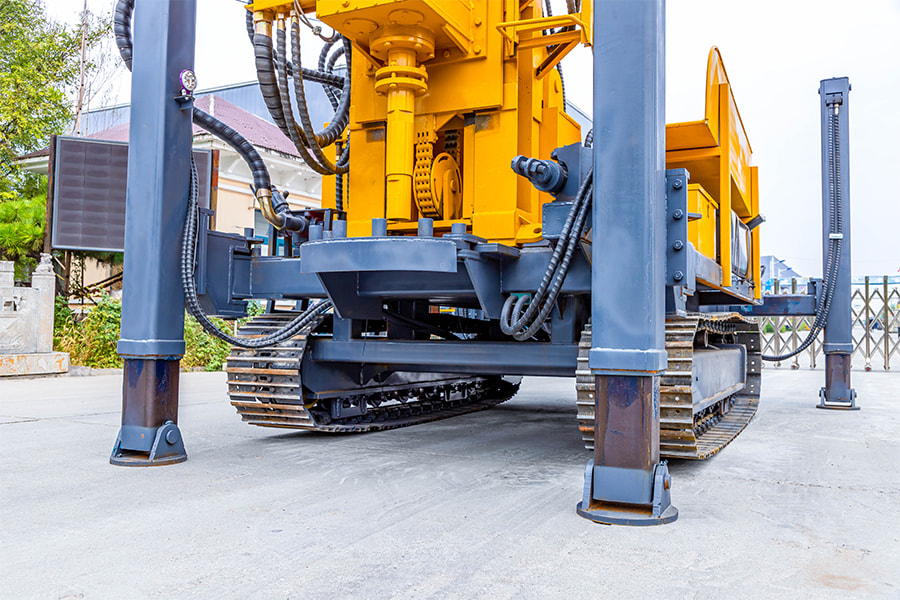



1. Pre-Operation Checks
Before starting your rig in cold conditions:
Inspect Air Compressors and Hoses: Ensure air compressors are free of moisture to prevent freezing. Check hoses for cracks or leaks that could worsen in cold temperatures.
Test Lubrication Systems: Use winter-grade lubricants to maintain smooth operation. Ensure that all moving parts, including bearings and gears, are adequately lubricated.
2. Prevent Moisture Build-Up
Moisture is one of the biggest threats to pneumatic systems during winter. To combat this:
Drain Water Traps Regularly: Ensure all water traps and condensate tanks are drained daily to avoid freezing and clogging.
Use a Dryer System: Installing an air dryer system can help remove excess moisture from compressed air, minimizing the risk of ice formation.
3. Protect Components from Freezing
Cold weather can make your rig’s components brittle and prone to failure. Key steps include:
Warm Up the System: Before heavy use, allow the rig to run at low pressure for a few minutes to gradually warm up components.
Insulate Critical Parts: Wrap hoses, valves, and other exposed parts with insulating materials to protect them from freezing temperatures.
4. Monitor Fluid Levels
Cold weather affects fluid performance, including:
Hydraulic Fluid: Switch to low-viscosity hydraulic fluids designed for winter to maintain efficiency.
Coolant: Ensure the cooling system is filled with the appropriate antifreeze mix to protect the engine and other systems from freezing.
5. Store Equipment Properly
When your pneumatic drilling rig isn’t in use:
Keep It Indoors: Whenever possible, store the rig in a heated space to protect it from the elements.
Use Weatherproof Covers: If indoor storage isn’t available, use high-quality covers to shield the rig from snow, ice, and freezing rain.
6. Regular Maintenance Inspections
Winter is an ideal time to schedule more frequent inspections. Key areas to check include:
Braking Systems: Ensure they are responsive and free from ice buildup.
Filters and Valves: Replace clogged filters and ensure all valves are functioning properly.
7. Train Operators for Winter Conditions
Finally, ensure that operators are trained to handle the rig during winter:
Recognize Early Warning Signs: Teach them to identify issues such as sluggish performance or unusual noises that could indicate freezing or mechanical stress.
Follow Safe Start-Up Procedures: Encourage proper warm-up routines and careful monitoring during operation.
Keep Your Pneumatic Rig Winter-Ready
By following these maintenance tips, you can protect your pneumatic drilling rig from winter’s harsh effects, ensuring reliable performance when you need it most. Don’t let the cold slow you down—prepare your rig today and keep your projects running smoothly all season long.
Contact us for more expert advice and winter maintenance supplies.